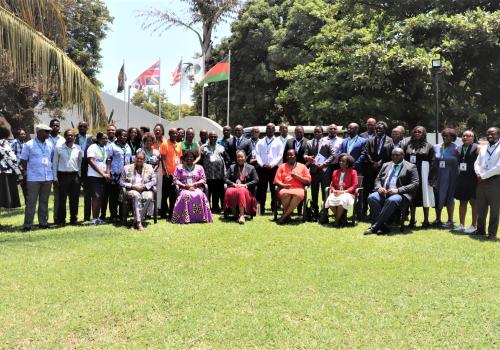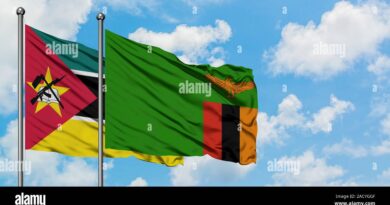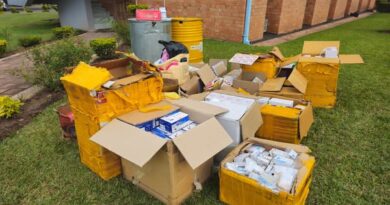SADC Member States Embrace Indigenous Knowledge for Sustainable Development at 6th Regional Workshop
Member States of the Southern African Development Community (SADC) have been urged to tap into the wealth of Indigenous Knowledge Systems (IKS) to unlock new opportunities for sustainable development.
The call was made during the opening of the Sixth SADC Regional Policy Workshop on Indigenous Knowledge Systems, running from November 29th to December 1st, 2023, under the theme “Leveraging Indigenous Knowledge Systems in the Agro-processing and Pharmaceutical Value Chains for Industrial Development.”
Honourable Madalitso Kambauwa Wirima, Minister of Education of the Republic of Malawi, emphasized the significance of IKS in providing practical solutions to global challenges and expediting the achievement of Sustainable Development Goals (SDGs).
Wirima underscored the need to appreciate the invaluable wealth of IKS rooted in traditional practices and local ingenuity, noting its potential to guide the SADC Member States towards a more sustainable and harmonious future.
Ms. Anneline Morgan, Senior Programme Officer for Science, Technology, and Innovation at SADC Secretariat, highlighted the workshop’s importance as a platform for policy dialogue, experience sharing on IKS, and fostering regional cooperation.
She noted that the SADC Protocol on Science, Technology, and Innovation recognizes the importance of developing, valuing, and promoting IKS and technologies.
Hlalanathi Fundzo, Head of Rural Transformation at AUDA-NEPAD, SADC and WFP Joint Implementation Team, encouraged combining indigenous knowledge with science for food and nutrition security, paving the way for sustainable development.
He showcased success stories in the Southern African region where indigenous knowledge, coupled with scientific advancements, significantly improved agro-processing and pharmaceutical value chains.
The workshop, attended by government representatives, academia, researchers, international agencies, indigenous knowledge holders, and various stakeholders, aims to map the implementation of approved IKS policy tools and instruments within SADC Member States.
Delegates were treated to displays and performances illustrating the preservation and integration of indigenous knowledge with modern technologies to support social and economic development.
This 6th SADC IKS workshop seeks to provide an updated status on the progress of national IKS policy development by SADC Member States and foster collaboration among stakeholders for the advancement of Indigenous Knowledge Systems in the region and on the African continent.
Source: SADC Secretariat.



